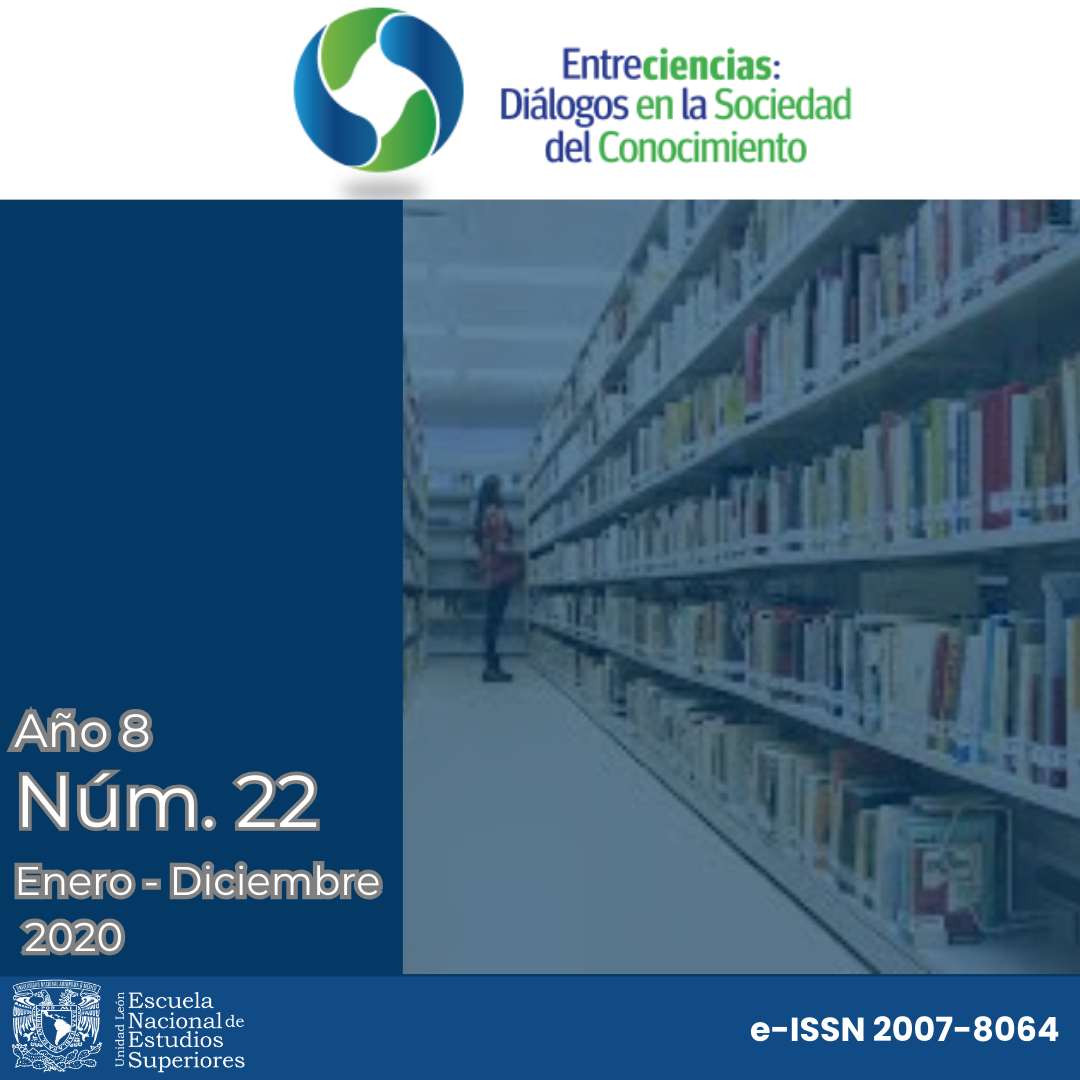Social capital and forestry management: A case study of the Calakmul Regional Association of Foresters
Main Article Content
Abstract
Purpose: To evaluate through the theoretical framework of the governance of common goods the impact that institutional arrangements have on the process of building social capital for forest management among the ejidos that make up the Regional Association of Foresters; as well as investigating the state of the process of construction of social capital for forest management at the local level.
Methodology: A holistic perspective was used with a qualitative approach based on the Institutional Analysis and Development Framework and the data collection instruments of the International Forestry Resources and Institutions.
Results: The forestry sector in Calakmul has a complex property regime that overlaps elements of common property and public property which derive in contradictions that halt the capacity to execute forestry management models adapted to the local socioenvironmental context. There are multiple provision rules of subsidiary and paternalist character from the State to the ejidos and almost null possibilities of designing appropriation rules related to sustainable forestry management given the limitations that forestry management confronts under an extremely restrictive legal framework and public policies with opposing objectives.
Limitations: The results are limited to the conditions confronting the forest sector in the local sphere and members of the Regional Association of Foresters in Calakmul.
Findings: The State could, in the forestry sector, have a facilitator role and turn institutional support towards productive management schemes instead of supporting programs that promote the culture of subsidy and commodification of natural resources.
Downloads
Article Details
Citas en Dimensions Service

Entreciencias: Diálogos en la Sociedad del Conocimiento recognizes and respects the moral rights of authors as well as ownership rights transferred in non-exclusivity to the journal for its open access dissemination and its preservation. Hence, authors who publish in this journal accept the following conditions:
- Entreciencias: Diálogos en la Sociedad del Conocimiento from Universidad Nacional Autónoma de México is distributed under a Licencia Creative Commons Atribución-NoComercial-SinDerivar 4.0 Internacional, which allows the information and metadata to be used without commercial ends as long as proper citation is utilized.
Authors will have the right to non-exclusively distribute the contribution made to Entreciencias: Diálogos en la Sociedad del Conocimiento. That is, they will be able to include it in an institutional repository or disseminate it in other digital or printed media as long as it is explicitly stated that it was first published in Entreciencias: Diálogos en la Sociedad del Conocimiento. The following information must additionally be included: author, year, volume, page numbers, electronic paging, and DOI.
Authors, whose publications have been accepted, will have to send the Letter of Copyright Transfer in the corresponding format, filled out and signed by the author or authors.
